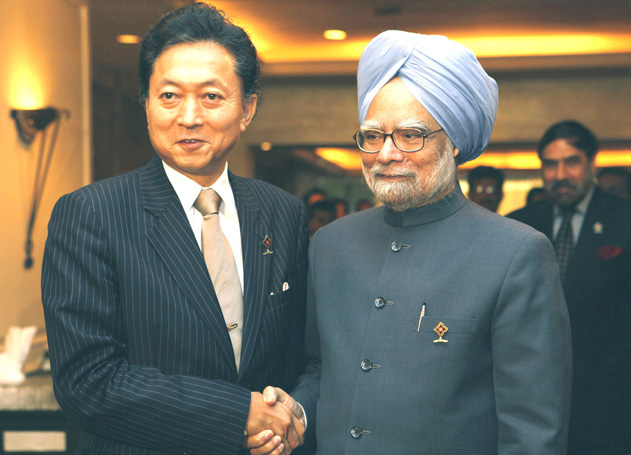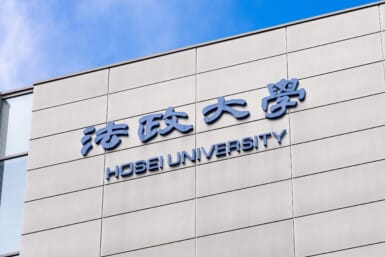With recent announcements out of Japan regarding its commitment to the environment and green business, it seems that recently the country is focusing more and more on sustainability to try and help it solve its current problems.
At the beginning of the month, the Bank of Japan (BOJ) announced its intention to set up a new lending facility targeting banks that currently make loans to environmental business, energy business, and research and development. The aim of this is to try and support and spawn growth within Japan’s currently flagging economy and in a sector that is looking at potential for growth due to recent government commitments. As governor of the BOJ Masai Shirakawa commented, “The government’s economic strategy is now focusing on things like green business and new areas for demand.” In the same week Japan’s biggest business organization, the Keidanren, announced that it will move to strengthen tie-ups with China on energy efficiency and environmental technology by holding a green products fair in China next year.
For development of the whole of Asia, it is important that Japan and China regard demand in other Asian economies as their domestic demand.
With Japan’s leading technology in areas such as recycling, nuclear power generation, efficient coal-fired power generation, and power transmission facilities, there are obvious possibilities for tie-ups with the world’s fastest growing economy. However, in the past with Japan desperately trying to keep ahead of China as its economy falters, it has been wary of trading any technology with its rival, despite the obvious economic potential. But whether or not it be due to a realization of the inevitable, it seems that things are starting to gain momentum between the two countries in the green business sphere. ‘’Development of Asia is vital to Japan and China,’’ said Fujio Mitarai, the chairman of the Keidanren, urging the two countries to extend greater support to less developed countries in Asia. ‘’For development of the whole of Asia, it is important that Japan and China regard demand in other Asian economies as their domestic demand.’’
In keeping with Mitarai’s statement earlier this month, Japan also signed a deal to develop three green cities for India, which has now overtaken China as the largest recipient of Japanese foreign direct investment. Hitachi, Mitsubishi and Toshiba are using Japanese cities as models for the project, which runs along a $90 billion Japanese-funded industrial corridor between Delhi, the capital, and Mumbai, the financial center. The plan is to create cities that minimize pollution and promote recycling, energy efficiency, and public transport. The investment comes after a recent study by McKinsey & Company found that due to the growth in the country’s economy, it can expect an influx of rural immigrants, which would dramatically increase the urban population.
With increasing focus on the environment around the globe and the worsening economic situation within Japan, it is looking more and more like green business could certainly hold some hope for Japan’s future. Schemes like those outlined above are gathering a little more momentum recently, and how Japan deals with its Asian neighbors through continued trade and investment is now key to its economy, despite the fact that these areas have traditionally been shied away from due to fears of being seen as aiding its rivals.









